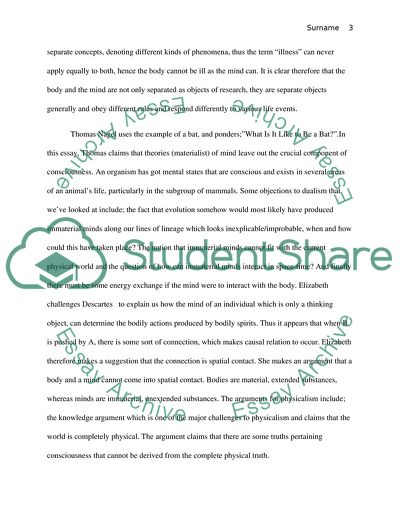Cite this document
(The Story of Philosophy Research Paper Example | Topics and Well Written Essays - 750 words, n.d.)
The Story of Philosophy Research Paper Example | Topics and Well Written Essays - 750 words. Retrieved from https://studentshare.org/philosophy/1816526-phil-qs-as
The Story of Philosophy Research Paper Example | Topics and Well Written Essays - 750 words. Retrieved from https://studentshare.org/philosophy/1816526-phil-qs-as
(The Story of Philosophy Research Paper Example | Topics and Well Written Essays - 750 Words)
The Story of Philosophy Research Paper Example | Topics and Well Written Essays - 750 Words. https://studentshare.org/philosophy/1816526-phil-qs-as.
The Story of Philosophy Research Paper Example | Topics and Well Written Essays - 750 Words. https://studentshare.org/philosophy/1816526-phil-qs-as.
“The Story of Philosophy Research Paper Example | Topics and Well Written Essays - 750 Words”. https://studentshare.org/philosophy/1816526-phil-qs-as.


